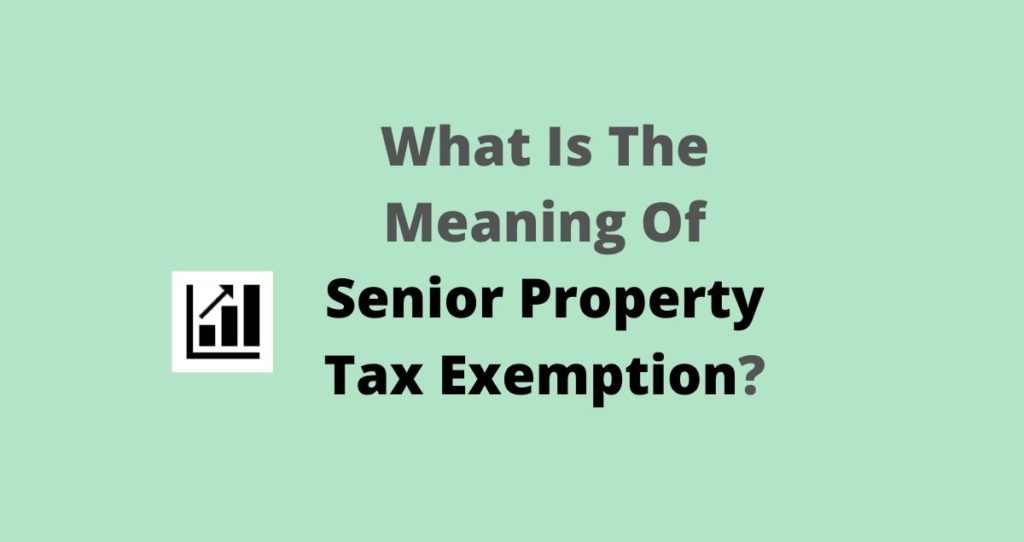Short sale is the sale of the property at a price lower than the money owed to the lender. When a financially distressed borrower is no longer able to make payments on the property, he/she can decide to sell the property at a lower price. This actions will have to be approved by the debtor and all money made will go to the lender.
What happens after you short sale a property?
After the property is sold, the lender might decide to forgive you from paying the remaining difference. That is, the difference between what the house was sold for and the actual mortgage value you owed on the property.
For example, let’s assume that a seller is selling a house for $250,000. If there is still a $300,000 dollars of debt left, we will say that the property is a short sale. In our example, the difference between the mortgage and money made on the property is $50,000. This difference minus all costs related to selling this property is called the deficiency.
It is also possible that your lender can require you to pay all or a portion of this difference.
How long does it take to short sale a property?
In general, short sales take a long time than normal market sales. The seller will have to get an approval from the creditor on every step. Furthermore, it will take a long time to close the deal. A short sale is different from foreclosure where the lender takes and sells the property. During the foreclosure, the lender tries to recover his money after the borrower stopped making mortgage payments.
Does short sale affect my credit score?
The answer is yes. Short sale reflects your inability to pay your mortgage and this failure affects your credit score real bad. The damage on your credit score will depend on how much you sold the property for and how good your credit score was before the short sale. You can expect to lose as much as 160 points from your credit score when you short sale a property.









